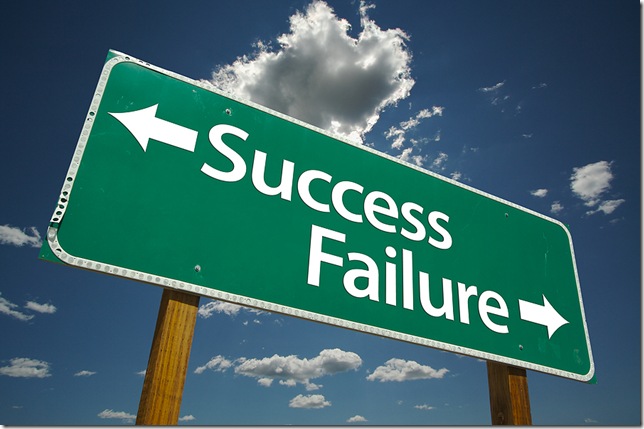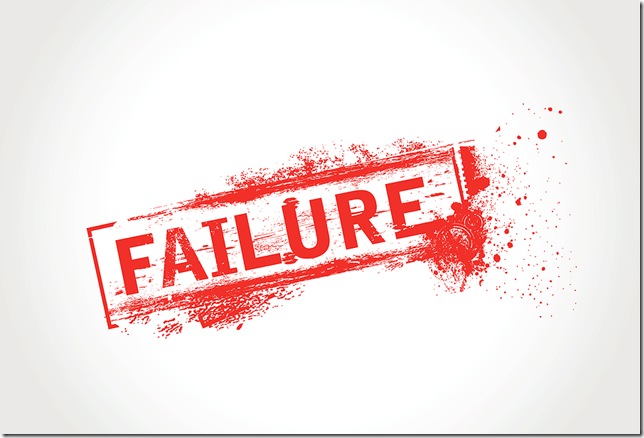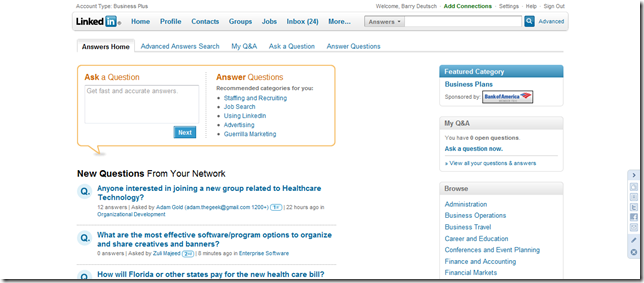How To Find The Hidden Jobs Before Recruiters and Others Do
What does the term “hidden job market” mean to you? Where do you think this hidden job market exists? How do you tap into this hidden job market?
To many candidates, I believe the “hidden job market” means those jobs not listed with recruiters or posted on the Internet, either on a job board or a company’s website. Candidates tend to think that this means that HR or a hiring manager may be networking to fill the open jobs. HR or the hiring manager may be contacting trusted advisors, past employees, friends and family, or trying to fill the job by word of mouth. It really isn’t blasted out for everyone to find. It takes some digging, networking, and even some luck to locate.
If this is what you think of as the “hidden job market,” I believe that you are completely missing the real hidden job market.
Good recruiters know that once a job opening hits the streets, in any form, it is no longer hidden. It may be harder to find than jobs posted on the Internet, but they aren’t hidden. In many cases the jobs are hidden in plain sight. Just having a good network of people will help you find these.
The real hidden job market takes time and, as Julie LaCroix of Power Connections preaches with her clients, “research” to find the true hidden job market.
Hidden jobs are the jobs that haven’t been posted, haven’t been circulated, and in fact may not even exist. Hidden jobs are the jobs companies are anticipating hiring or thinking they may need in the next couple of months. These are the jobs that a growing company knows it will need to hire, the positions that a company expanding into new markets needs, the jobs that a company just moving to the area will be hiring, or the jobs that if the right person came along they would create a position. The hidden jobs also include those positions that become available because some quits, retires, or is fired. This is the true hidden job market.
I started recruiting 30 years ago and this was part of Recruiting 101 training. For years I read the section “People On Move” in our local business journal. I would call the company that the person left to see if I could present them with a candidate. I wanted to engage them before they put it out on the street, or in those days, the newspaper.
Candidates waste too much time conducting worthless networking, going to meetings, coffees, lunches, and so on. Sooner or later they get burned out on networking. Most will let this often meaningless activity occupy 75% of their time. For most, this is a lot of time with little or no results to show for it. Julie makes a great point that instead of spending 75% of your time networking, change the mix to 50% of your time spent doing research to find the hidden job market and 25% networking. This is such a great concept that I wish I could take credit for it.
Julie was a Wall Street recruiter for almost a decade and she knows this from personal experience. One more reason I believe that the best coaches you can work with in your job search are current or past recruiters. Recruiters live job searching. That is what we do. After 10 years we are as good at what we do, as you are at what you do. If you are ever going to pay someone to help you with any aspect of your job search, my recommendation is always find a person that was a SUCCESSFUL recruiter. They know the tricks of the trade just like Julie.
Here are some suggestions to help:
1 .Subscribe to your local business journal. This is a must. Read it weekly for tips on what companies are doing in your area. This is research. You will discover companies that discuss how they are rapidly growing, sales are increasing, or you might read about a company looking to outsource in China. A company may announce that they are opening a new facility in your area, or many will reveal in their articles new systems they are implementing, expansion plans in Europe, the need for new distribution facility, and so on.
These are all great tips that you should take advantage of. These companies are going to have a need for a person with your skills and experience. This is your chance to engage them before they go to market and hundreds of other candidates start contacting them.
2. Don’t forget the People On The Move section. Most companies don’t hire from within. Often because they are too small to have people in place ready to go if someone leaves. Also, few companies can fill a position within the two or three week notice period given by the departing employee.
3. The business journals will discuss the hottest industries in your community. Then you can do some simple research in your community to find businesses in these industries.
Now you can send these companies a targeted letter introducing yourself and how your experience will benefit them as they tackle these issues. You are ahead of the hiring curve, not behind it as most candidates are.
The other great benefit to the method is that you are not competing against 500 other resumes received, 300 candidates sending emails, 100 candidates searching for connections on LinkedIn or 50 candidates calling the hiring manager or stopping by the company.
You have the exclusive on these hidden jobs.
Consider changing your strategy to 50% of your time researching the hidden job market and 25% networking.
Would you like to know if your job search is effective? If you would, then download our free Job Search Self Assessment Scorecard and rate your job search. This will also help you find any weaknesses in your job search so you can fix them. CLICK HERE to download.
If you need to make sure that your Linkedin profile is outstanding and compelling, our LinkedIn Assessment will definitely help you. It is free to download. CLICK HERE.
Finally, cover letters can be tricky. We have a sample cover letter that is proven to align your background with the job. Recruiters and HR like this style as it makes their job easier. CLICK HERE for your free sample.
I welcome your thoughts and comments.
Brad Remillard














